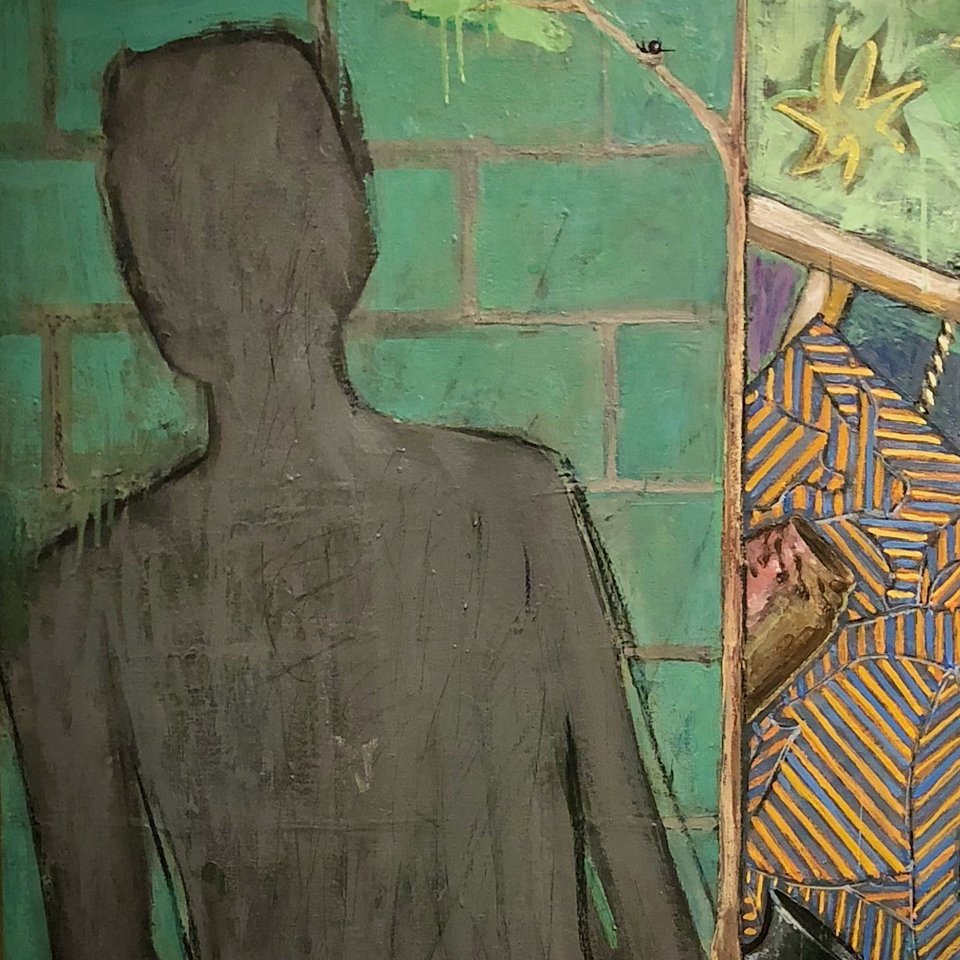Articles from metaphor

Learning How to Un-See
Learning how to think with images begins with learning how to see, or perhaps more accurately, learning how to un-see. Your open eyes are always looking, collecting images and sending them to your brain. And your brain is always processing the images it receives—comparing new images to what you already know and creating connections between different sets of related images and ideas. But most of us rarely stop to think about how we gather, sort, categorize, and group the visual elements that make up the images we’re constantly assembling in our brain.

Unbundle Your Attention
It’s not an overstatement to say that our attention is under siege and we are losing—losing our ability to focus. Our struggle to focus is both a personal and a cultural problem. Individual and legislative action can mitigate it, but taking action requires a cultural change—one that begins with the development of a more nuanced understanding of attention itself. Once we better understand the nature of attention, we can decide how and when we want to share it and protect it.

Five Essential Things I’ve Learned About Creativity
This is the 50th article from my newsletter metaphor. When I launched the newsletter in October 2020, I used the tagline “Tools for a productive creative life.” I didn’t know where my initial intention would take me—and that’s been the fun of it! This article presents five essential things I’ve learned about creativity from writing the last 49 issues: over 85,000 words. More to come soon…

Revising Up
This is the final installment of my three article series on revision. In this article, you’ll learn how to use your creative council to work through your creative blocks, guide your work in progress, and work toward your long-term creative goals. You’ll also learn how increasing your empathy for your readers increases the “ambient intelligence” of your work—and your creativity in the process.

Assembling Your Creative Council: Demons, Muses, and Guides
Overcoming our self-limiting beliefs about our creative capacity is hard. We all know profoundly creative people who’ve never produced the work they are capable of. The antidote to the endless reruns in your head of your greatest fears and failures is the conscious development of a council of many minds. But like any truly useful advisory council, your personal council of many minds must be diverse. It must include the voices of your inner critics (aka your Demons), your inspirations (aka your Muses), and your mentors (aka your Guides).

Many Minds
When we think about revision, we usually think about reworking the way we are expressing our ideas: restructuring our thoughts and refining the words we’re using to express them. But there’s a type of revision that comes earlier in creative problem-solving. It’s focused on shifting the approach you’re taking during the formative stages of ideation: revision as the art of seeing from a different perspective, with a fresh mind.

New Directions: Eight Types of Creative Change
The psychologist Robert Sternberg, a leading researcher and author on creativity, first introduced the Propulsion Theory of Creative Contributions in 19991. The theory describes eight ways a creative contribution such as a research paper, artwork, movie, television show, book, product, or innovative idea can move (propel) a field of endeavor in a particular direction. Sternberg’s theory adds another important dimension to our understanding of creativity: context. The purpose of a creative contribution matters.

The Elusive Definition of Creativity
Who are your creative icons? Chances are most of the artists, scientists, inventors, and others who come to mind are widely celebrated “geniuses”—the household names of creativity. Creative achievements of world-changing magnitude are rare. Still, this is the highwater mark many of us use to measure our own creativity. If the gauge you’re using to assess your creativity includes just one level marked “genius,” you’re setting yourself up for failure. We need a more nuanced understanding of creativity.
